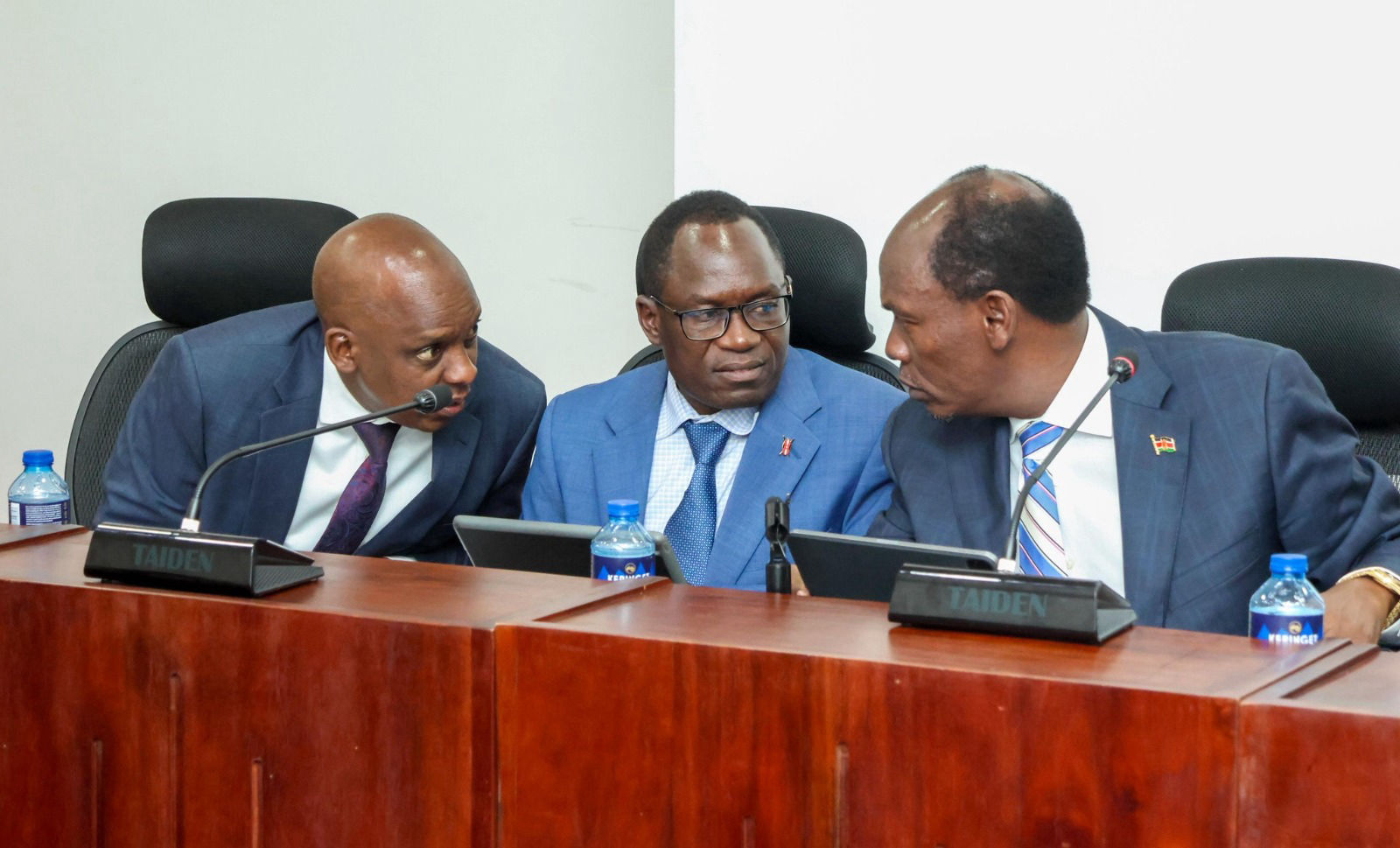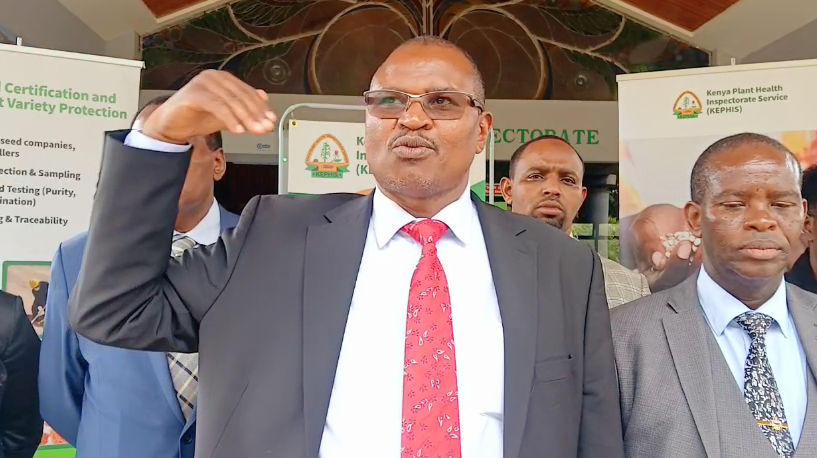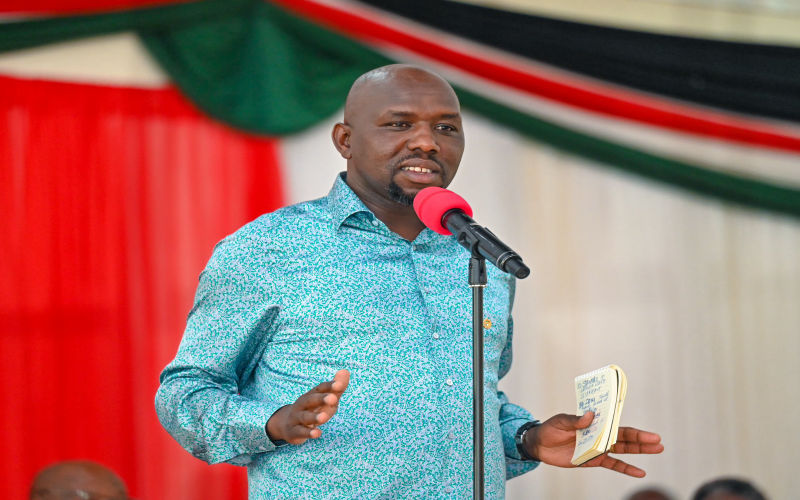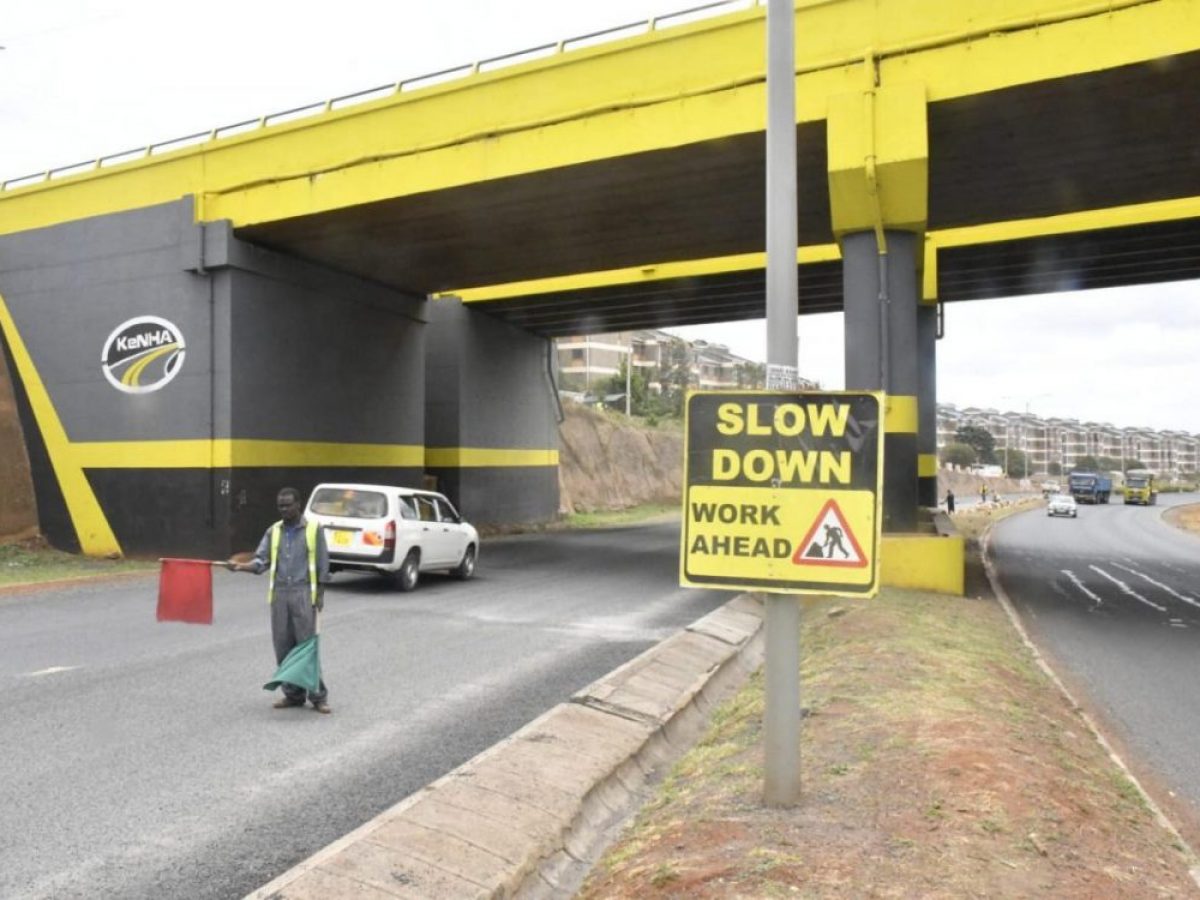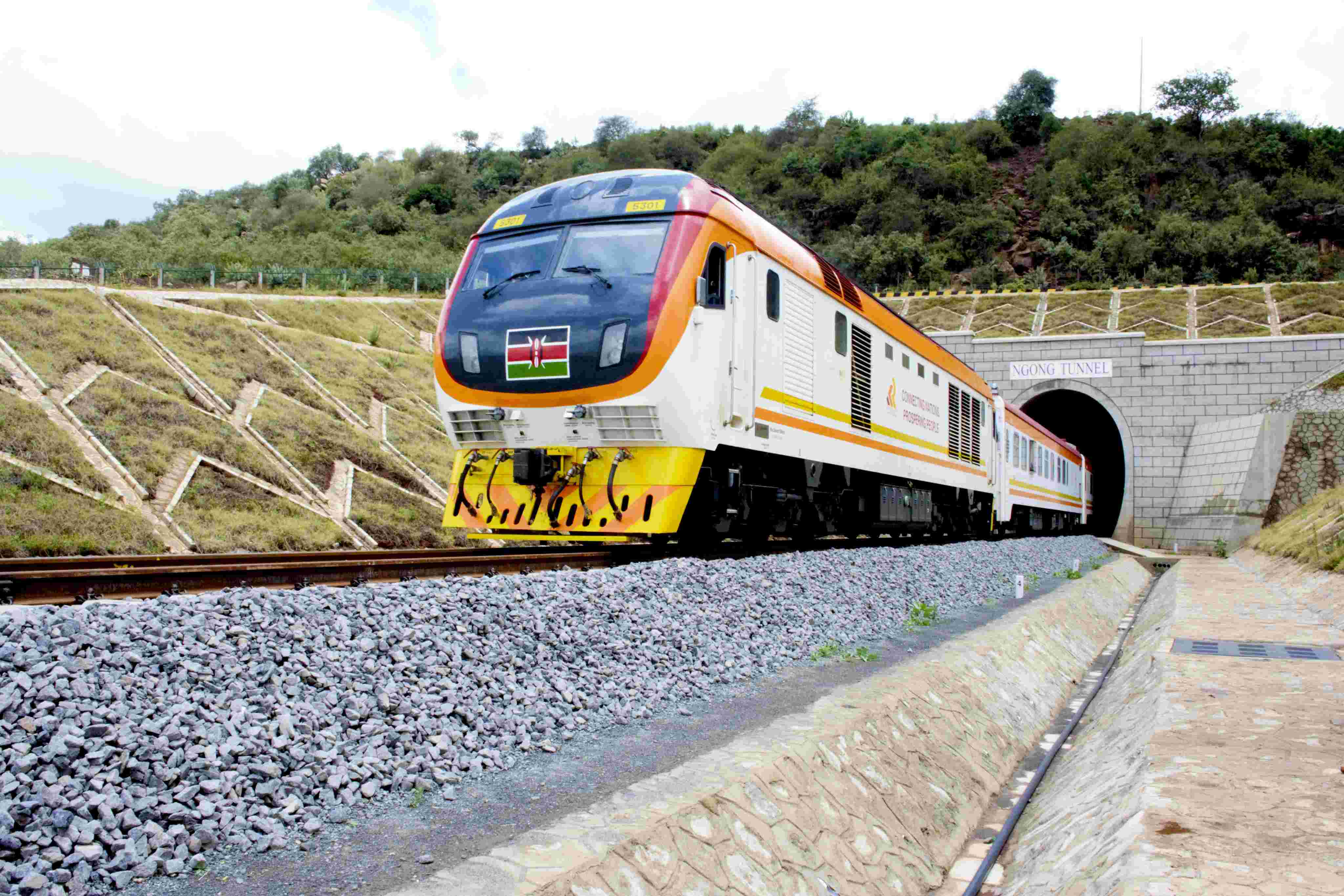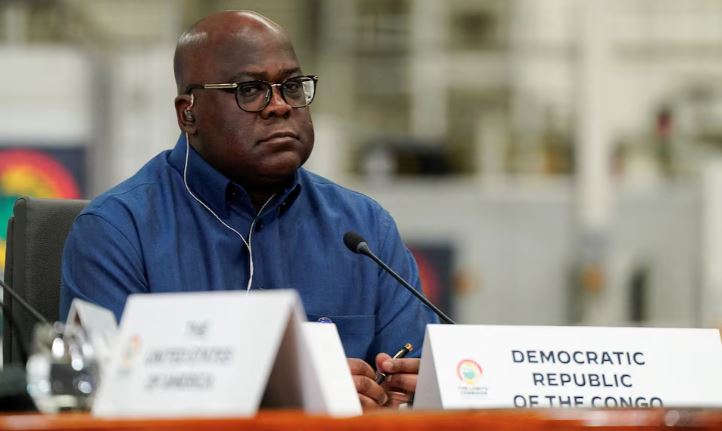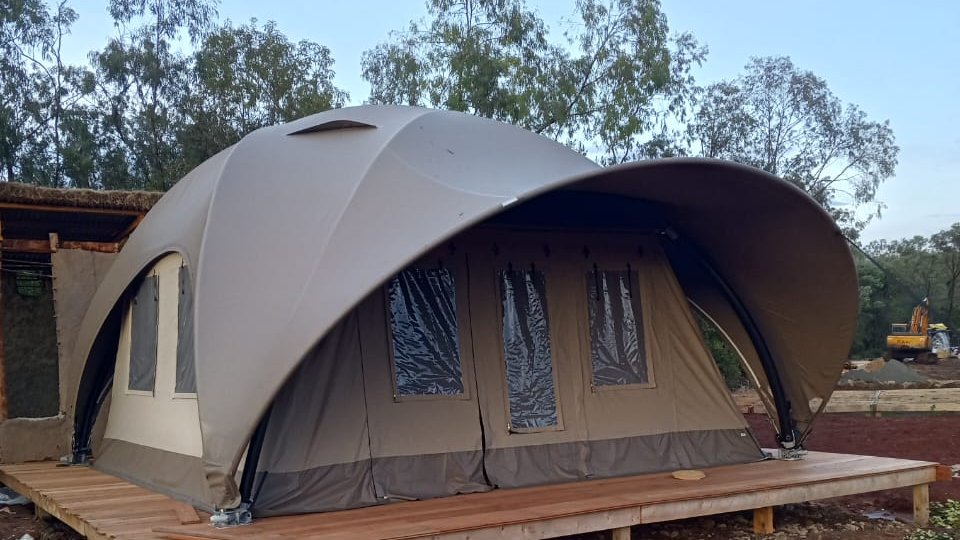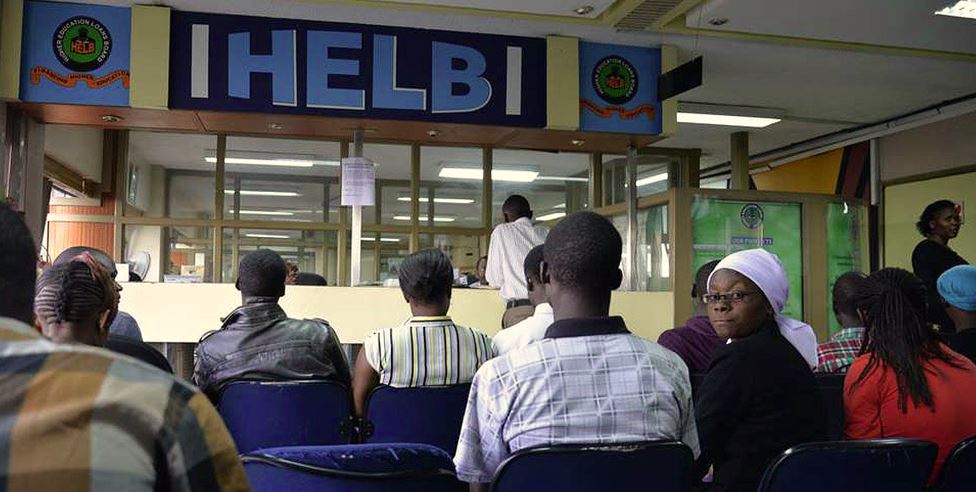Kenya joins list of nations with worsening human rights record
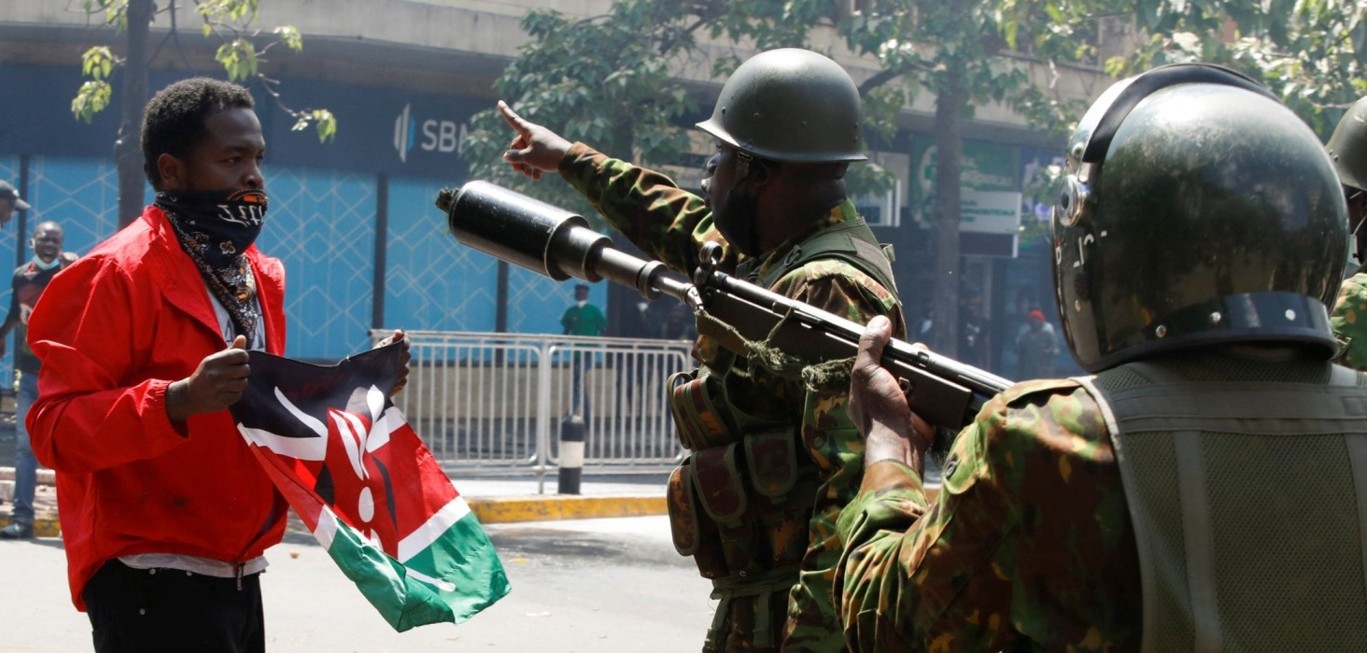
Kenya joins a group of six countries newly placed on this list, including El Salvador, Indonesia, Turkey, Serbia, and the United States.
Kenya has been officially classified among the countries with the most severe restrictions on civic freedoms and human rights, as recent protests were met with violent state action and increased digital controls.
Civicus Monitor, a respected global human rights watchdog, has added Kenya to its list of 51 nations where civic rights are deteriorating, reflecting a worsening climate for free expression, peaceful assembly, and association.
More To Read
- LSK President Faith Odhiambo tears into Murkomen for misusing terror charges to silence dissent
- UN human rights expert visits Port Sudan amid escalating civil war and RSF power move
- Tortured activist Mwagodi to undergo psychological and forensic evaluation, say rights groups
- Vocal Africa piles pressure on Ruto over abduction of Mwabili Mwagodi in Tanzania
- Nairobi, Kiambu hardest hit as police response to June, July protests criticised
- Amnesty calls on Kenya, Tanzania to act following activist Mwabili Mwagodi's disappearance
Kenya joins a group of six countries newly placed on this list, including El Salvador, Indonesia, Turkey, Serbia, and the United States.
This designation follows protests on June 25 and July 7, sparked by public opposition to the Finance Bill, during which over 60 people lost their lives and many others were injured.
According to Civicus Monitor, the government’s response has been marked by excessive use of force, arbitrary arrests, and increased surveillance, all aimed at silencing critics and protesters rather than addressing their concerns.
“Civicus Monitor rates Kenya as ‘repressed,’ the second-worst rating a country can receive, indicating severe restrictions on the freedoms of expression, peaceful assembly, and association,” explained Ine Van Severen, the Civic Space Research Lead at Civicus.
The organisation is a global alliance comprising over 15,000 civil society groups and activists from 175 countries, including well-known members such as Amnesty International, Oxfam, and Save the Children.
Using data from more than 20 partners, Civicus ranks countries on a scale from ‘open’ to ‘closed,’ with Kenya now rated as ‘closed’, the harshest possible classification.
The report titled “Police bullets, digital chains: State-sanctioned brutality in Kenya’s peaceful youth-led uprising” details how thousands of Kenyans took to the streets on June 25, only to be met with brutal crackdowns instead of engagement by the authorities.
“At least 65 protesters were killed, hundreds injured, and over 1,500 arrested. There were reports of rape and gang rape, allegedly perpetrated by state-sponsored goons deployed to infiltrate protests, attack demonstrators, and loot businesses,” the statement noted.
The report also condemned the continued use of unmarked vehicles and masked plainclothes security officers, despite a court order banning these tactics.
The government’s practice of pressing terrorism charges against peaceful protesters was described as a dangerous misuse of the legal system meant to crush opposition.
“The use of terrorism charges against peaceful protesters raises serious concerns about the weaponisation of the legal system to criminalise dissent. Allegations that much of the violence was instigated by state-backed actors further underscore the systematic nature of repression. The Kenyan government has turned its back on the rights of the people,” Van Severen said.
Civicus also drew attention to the killing of Albert Ojwang, a teacher and activist who died in police custody at Nairobi Central Police Station, highlighting the broader crackdown on freedom of expression.
The group warned against a proposed law that would require social media companies to set up physical offices in Kenya, interpreting this as a strategy to limit online speech under the pretence of national security.
The watchdog urged MPs to reject this move, fearing it could deepen mass surveillance and curb digital rights at a time when criticism of President William Ruto’s administration is rising online.
Civil society groups continue to call for respect of fundamental freedoms and an end to state-sponsored intimidation.
Top Stories Today
